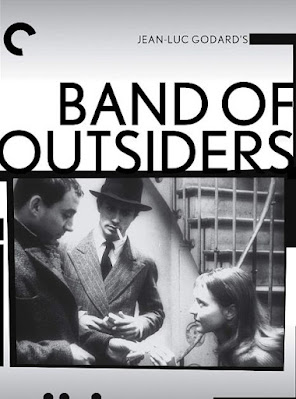The aspect that one realizes immediately about The Prowler is that three key people associated with it were irreparably affected by McCarthy’s notorious Witch-Hunts. Its screenplay was written by Dalton Trumbo, who’d already been blacklisted, and consequently wrote it using the name of his friend Hugo Butler, who himself got blacklisted soon after; Losey too had to flee the country in the same year, and found himself blacklisted and thereby unemployable upon his return a year later, forcing him into exile thereafter. This bleak and cynical B-noir – with its politically loaded motifs that touched upon class envy, abuse of power by those in uniform, sexual misconduct, and running references to ghost towns and Indian burial grounds – were imbued with darker connotations by the above context. When Susan (Evelyn Keyes), a married woman who stays alone for long stretches as her husband is often away for his work as radio host, calls the police upon sensing being pried upon by a peeping tom, a nastier bad news inadvertently starts unfolding for her in the form of disgruntled beat cop Webb (Van Heflin). His role, ironically, is to provide protection, but soon tries to force himself upon her, and then hatches a dirty ploy to entrap her. While the plot’s progression was considerably dependent on contrivances, one senses bitter and nihilist undercurrents in it, that’re embodied by Heflin’s creepy and sinister turn. The desolate ghost town of Calico that it culminated in – a former mining town that witnessed an economic nosedive – emphasised the underlying themes of human corruption, greed and fatalism. The titular prowler, incidentally, was a classic red herring, with its purpose restricted to putting this sordid tale in motion.
Director: Joseph Losey
Genre: Thriller/Crime Thriller/Film Noir
Language: English
Country: US



























